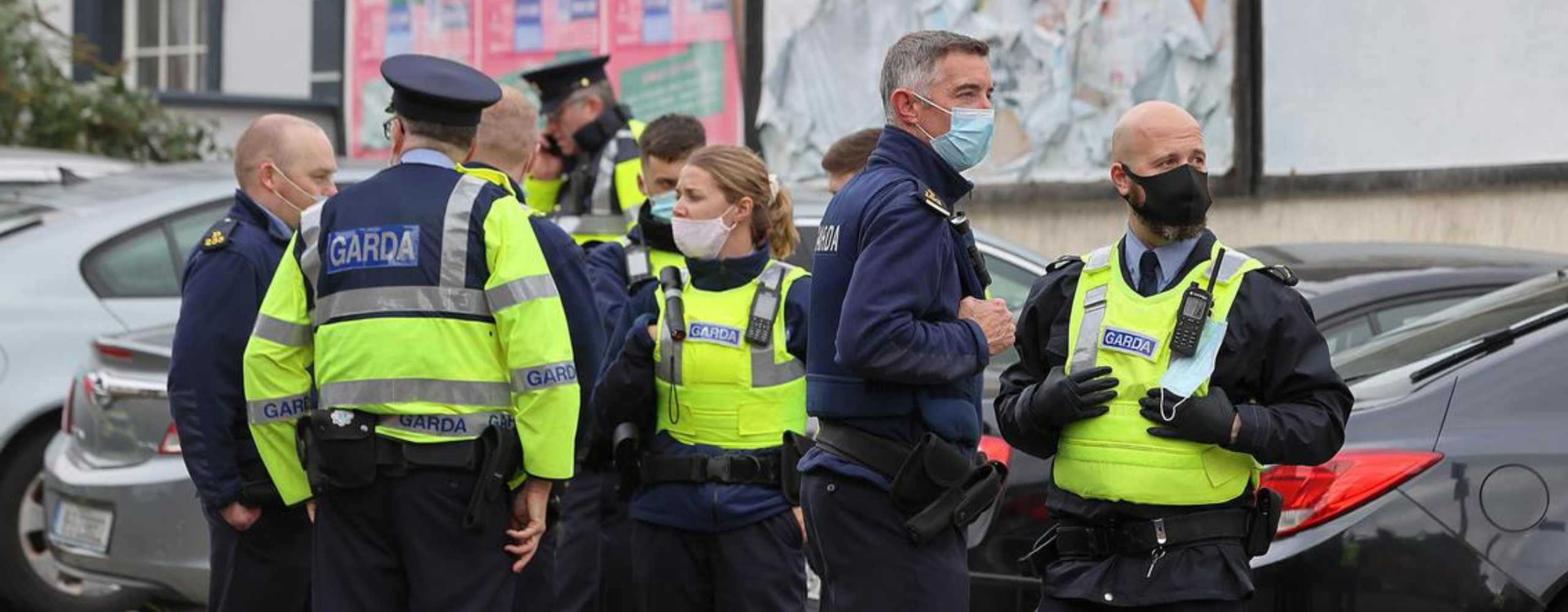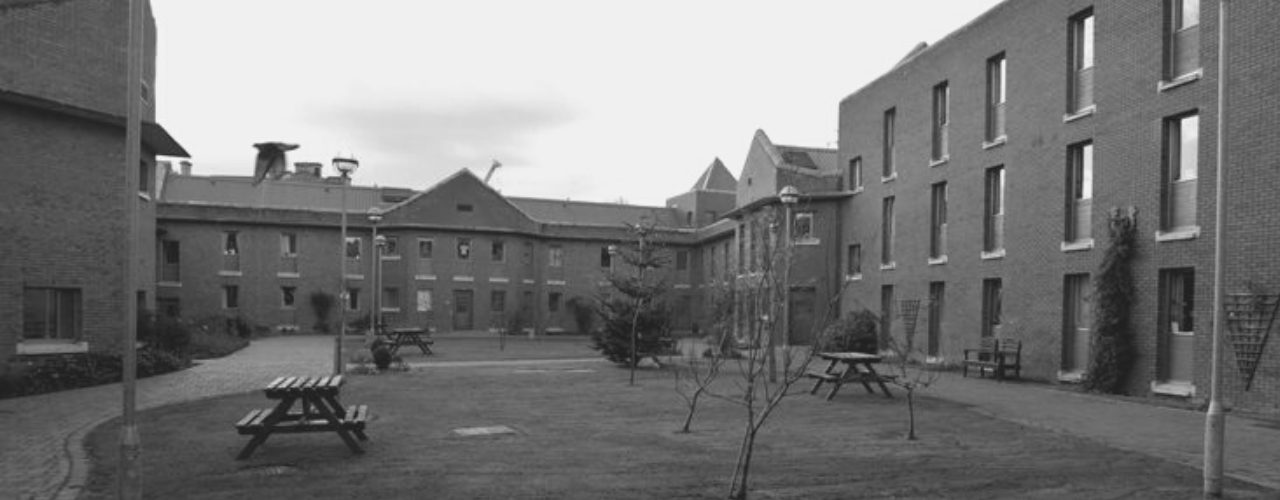
Squatting and Vacancy
It is necessary to consider what squatting reveals to us about the Irish housing system. While the communal squat at Prussia Street seemed very much in its infancy and may have been exploring new social forms, it is impossible to ignore the backdrop of Ireland’s worsening housing affordability crisis.










